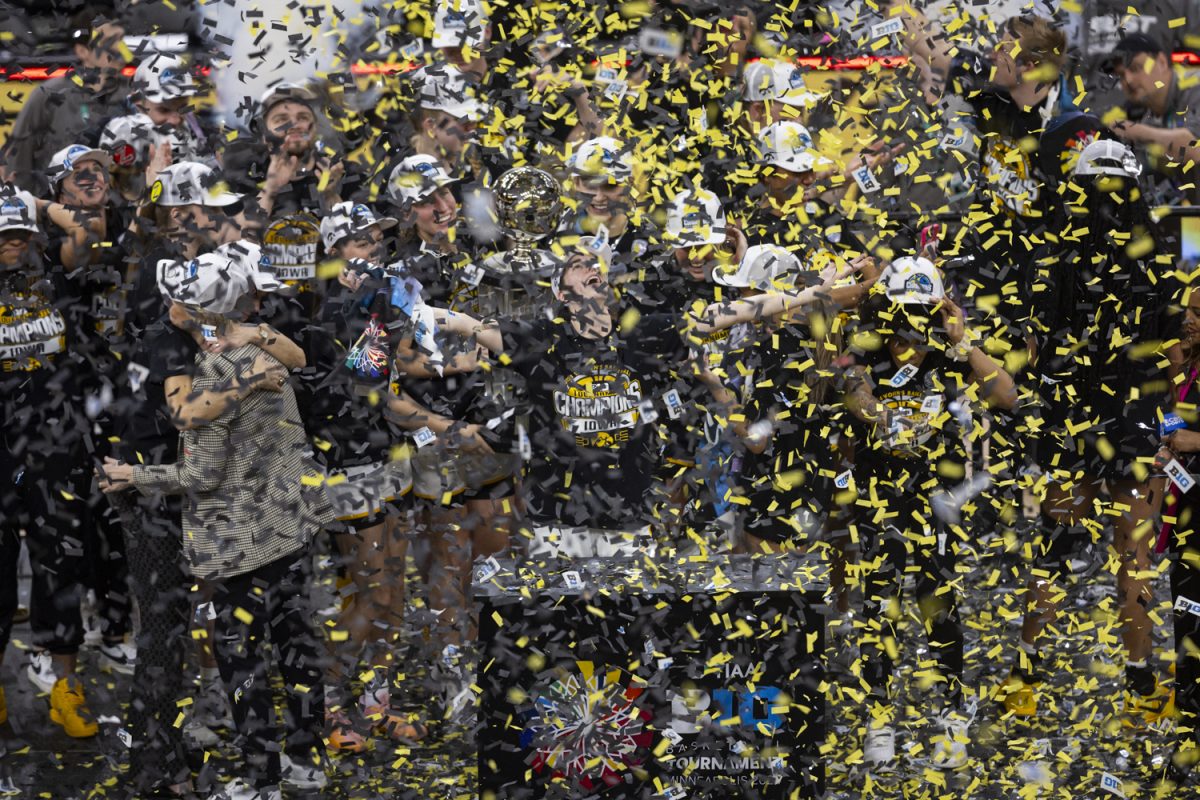The perception is growing among many Americans that Washington is broken. According to a recent Ipsos/McClatchy Poll, 80 percent of Americans believe that nothing can be accomplished in Washington. It’s beyond frustration; people are becoming disillusioned.
Much legislation has made its way through Congress and onto the president’s desk to become law. What many people see, however, is too much bickering and petty partisanship at a time of tremendous pain throughout the country.
Efforts to reform health care drag on. Our financial sector is in desperate need of structural changes but, you guessed it, legislation is stalled in the Senate.
And the economy. Combined unemployment and underemployment exceeds 16 percent. For every one job available, there are nearly five people unemployed. All this while the greatest deliberative body on the planet debates a new jobs bill without much haste. A calculation by The Hill found that 290 bills passed by the House have not been acted upon by the Senate.
One such bill that’s been on hold in the Senate since September of last year is the Student Aid and Fiscal Responsibility Act. The act would shift all federally backed student loans to a Federal Direct Loan program and return some of the savings gained to students in the form of increased financial aid. Under the current system, the federal government subsidizes private lenders to make student loans. Banks then service loans, collect the debt, keep the interest, and turned a profit. When borrowers default on loans, taxpayers foot the bill.
Not anymore.
The aid proposal is expected to save the government more than $80 billion over 10 years. And although the University of Iowa administers its loans directly through the federal government, UI students would greatly benefit. A strengthened Pell Grant and Perkins Loan, lower interest rates on need-based federally subsidized loans, and a simplified application form would serve many students well.
The House passed the bill 253-171. Iowa Democrats Bruce Braley, David Loebsack, and Leonard Boswell voted for the bill; Republicans Steve King and Tom Latham voted against it. I hope all Republicans who voted “no” or are obstructing this important piece of legislation will be held accountable come November. But what’s keeping the benefits of greater financial aid from millions of students are the efforts of a few banks.
An aggressive lobbying campaign by the nation’s biggest student lenders has significantly jeopardized the passage of student-aid bill in the Senate. By cutting out the middleman in the administration of student loans, private student lenders stand to lose millions in profits. These banks are likely to still service additional private loans, but piggybacking off federal government guarantees is a very lucrative business.
So the Senate has a choice — the interests of a few banks, or yours.
Passage of the act is critically needed. The cost of tuition is likely to only increase in the future, which means students will be saddled with greater debt. Sen. Tom Harkin, D-Iowa, is the chairman of the Health, Education, Labor, and Pensions Committee, which has jurisdiction over education issues. While I agree with and support Harkin’s progressive proclivities, I hope he provides the necessary leadership on this issue to shepherd the act through the Senate.
Sen. Charles Grassley, R-Iowa, will eventually have a vote on this issue. Let’s hope that he chooses to side with the interests of students who critically need help. If he doesn’t, that’s what elections are for — and he is on the ballot in 2010.
The Senate is trapped in an impasse for structural (read: obstructionist and partisan) reasons. And students — along with many Americans are suffering — because of it.






